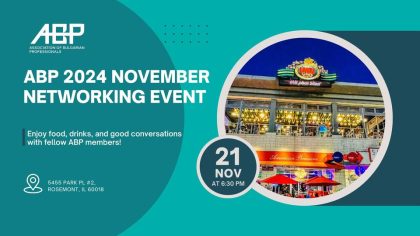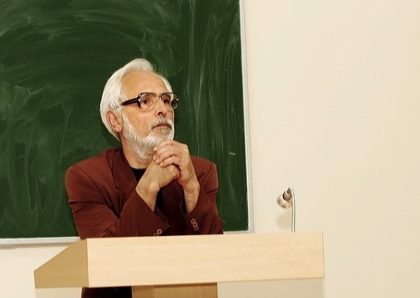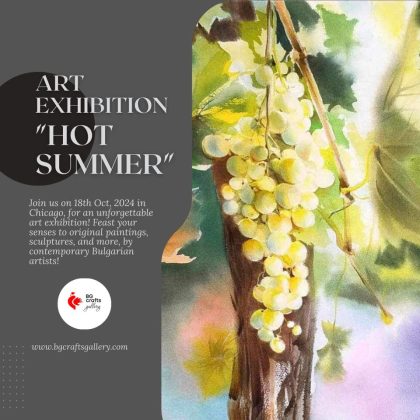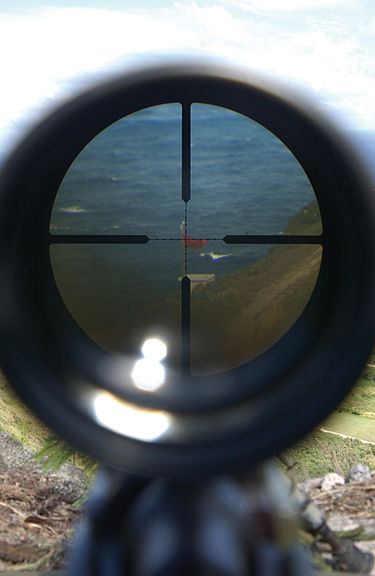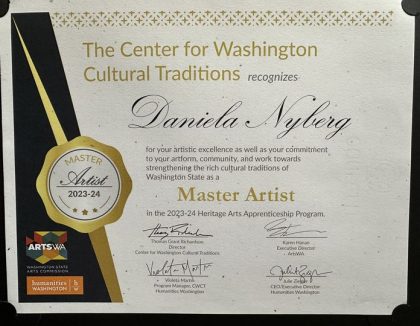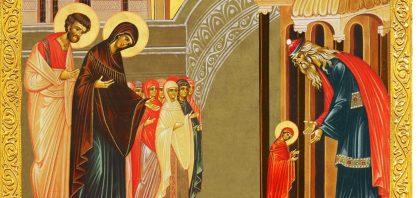By: Boston.com
„So forward now, with spirit and ideals“ reads a line in a poem by Hristo Botev, a Bulgarian poet and national hero. Nestled on the Black Sea between Greece and Romania, Bulgaria is a predominantly Christian country independent of the Soviet Union since the fall of the Iron Curtain over 20 years ago. Despite joining the European Union in 2007, the eastern Balkan nation suffers the same economic problems found elsewhere since the global downturn in 2008. Further complicating the country’s economic outlook is endemic corruption and organized crime, which has led the EU to exclude Bulgaria from the Schengen passport-free zone. But the ‘spirit and ideals’ are still alive in these images from the past several months of Bulgaria, a country of over seven million, as it moves forward. – Lane Turner (37 photos total)
A man walks inside of the crumbling oval skeleton of the House of the Bulgarian Communist Party on mount Buzludzha in Bulgaria on March 14, 2012. Over two decades after the toppling of the regime they glorified, the megalomaniac monuments of the communist era are still standing, a quandary for Bulgarian authorities, who can neither maintain nor dismantle them. (Dimitar Dilkoff/AFP/Getty Images) #
A Bulgarian Roma rides his horse during feasts marking the traditional holiday Todorov den, also known as the Horse Easter, near Sofia on March 3, 2012. Horse races, cart competitions and horse exhibitions testing the animals’ strength are part of the festival. (Dimitar Dilkoff/AFP/Getty Images) #
Fatme Kichukova has her make-up applied during her wedding ceremony in the village of Ribnovo, in the Rhodope Mountains on December 11, 2011. The remote mountain village of Ribnovo in southwest Bulgaria has kept its traditional winter marriage ceremony alive despite decades of Communist persecution, followed by poverty that forced many men to seek work abroad. The wedding ritual was resurrected with vigor among the Pomaks – Slavs who converted to Islam under Ottoman rule. The highlight of the ceremony is the painting of the bride’s face, where in a private rite open only to female in-laws, her face is covered in thick, chalky white paint and decorated with colorful sequins. Muslims currently make up 10 percent of Bulgaria’s 7.4 million population. (Stoyan Nenov/Reuters) #
An elderly man smokes in a cafe in Sofia on December 14, 2011. Bulgaria’s government proposed a total ban on smoking in closed public places starting June 1, 2012. The small Balkan country – home to some of Europe’s heaviest smokers, already banned smoking in all government buildings, public transport, trains, cinemas, schools and kindergartens in 2005. (Nikolay Doychinov/AFP/Getty Images) #
Bulgarians dive into icy water as they compete to catch a cross in the middle of a lake in Sofia as part of Epiphany Day celebrations on January 6, 2012. It is believed that the man who is the first to grab the cross, thrown into the water by an Eastern Orthodox priest, will be healthy throughout the year. (Nikolay Doychinov/AFP/Getty Images) #
A woman lights a candle on the monument listing the names of the victims of the Communist regime during an open air mass in Sofia on February 1, 2012. Bulgaria observed for the first time a day of remembrance for the victims of the country’s 45-year communist regime at the anniversary of the first killings on February 1, 1945. Between December 1944 and April 1945, the self-proclaimed People’s Court set up by the newly established communist regime ordered the killing of a total of 2,730 Bulgarians. (Dimitar Dilkoff/AFP/Getty Images) #
Staff members care for a baby at the Saint Ivan Rilski home for medical and social care for children during a visit of United Nations Children’s Fund (UNICEF) representatives in Sofia on February 15, 2012. A practice inherited from communist times, the abandonment of healthy and disabled children by their families is most widespread in the 22 countries of central and eastern Europe. (Nikolay Doychinov/AFP/Getty Images) #
A fan gestures during an event supporting Aston Villa captain Stiliyan Petrov at the Bulgarian National stadium in Sofia on April 19, 2012. Thousands gathered to show their support for Petrov, who was recently diagnosed with acute leukemia. The number 19 is a tribute to Petrov’s shirt number. (Valentina Petrova/Associated Press) #
People sit outside apartment buildings in Sofia after an earthquake measuring 5.8 on the open-ended Richter scale on May 22, 2012. The quake rocked Bulgaria shortly after 3:00 in the morning and jolted the town of Pernik, causing tall buildings to sway, and was followed by about 15 lighter aftershocks. (Nikolay Doychinov/AFP/GettyImages) #
Zookeeper Behcet Ali, 82, hand-feeds eight-month-old lion cubs in a tiny zoo in the town of Razgrad on May 12, 2012. Behcet is Bulgaria’s oldest zookeeper, famous for raising over 15 lion cubs during his 33-year service and the only one to be in full contact with his predators. (Nikolay Doychinov/AFP/GettyImages)#
An archeologist cleans a skeleton during excavations in the Black Sea town of Sozopol, Bulgaria on June 1, 2012. Archaeologists have unearthed two skeletons from the Middle Ages pierced through the chest with iron rods to keep them from turning into vampires, the head of the history museum said. According to pagan beliefs, people who were considered bad during their lifetimes might turn into vampires after death unless stabbed in the chest with an iron or wooden rod before being buried. (STR/AFP/GettyImages)#





































